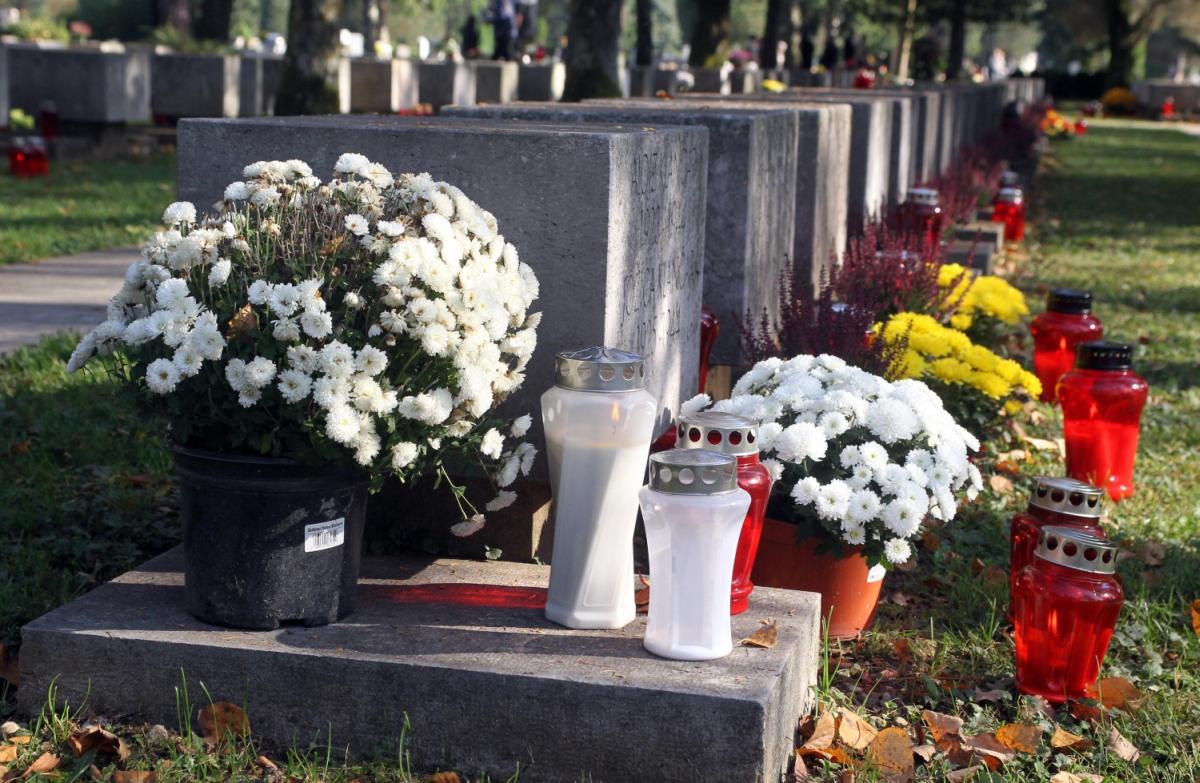
Compared to large shopping malls, florists attract visitors with better designed, unique products. This time, many florists will be closed on October 31 and November 1 because of a collective bargaining agreement.
According to Simon Ogrizek, the head of the Florists' and Gardeners' Section of the Slovenian Chamber of Commerce, chrysanthemums are a must for any bouquet at this time of year. They are, after all, a symbol of his holiday. And which flower arrangements are the most practical and popular? "Many feature combinations of fresh and dried flowers, which makes then last longer. When the frost comes, the fresh flowers are replaced with greenery," he explains.
Most of the chrysanthemums in Slovenia are grown by the florists themselves. According to Genovefa Ružić, the Statistical Office has recorded increased imports of several varieties of flowers each year before the holiday. In October 2017, Slovenia imported 22% of carnations and 25% of the annual number of chrysanthemums.
This year, distributors purchased mostly carnations and darker, more somber roses from the Dutch flower exchange. Ljubljana's Agrokor, d.o.o. is one of the largest flower distributors. The company's representative, Boris Simčič, explains: "Most of the flowers for the holiday are no longer grown in the Netherlands, but instead come from Kenya, South America, and South Africa."
The price of flowers on the flower exchange increases by at least 20% in this period. As relevant as the price is the quality of the flowers; this tends to be higher among flowers sold by florists. Meanwhile, large shopping centers sell bouquets and ikebana arrangements without a profit margin, using the flowers to attract customers. Because of the collective bargaining agreement, many florists will be closed on October 31 and November 1. During the holiday, only registered florists can sell on stands or in markets. Family members can also sell flowers in family-owned flower shops.


































































